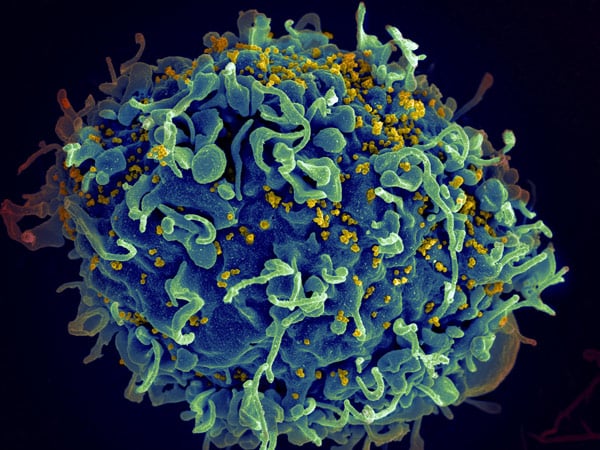The Public Health Agency of Canada says it has found that the human immunodeficiency virus (HIV) is unlikely to be passed on from one person to the other if it is suppressed with medication.
In collaboration with the department of justice, Canada, the agency reviewed studies from the past 10 years looking for the risk of transmission among partners where one person is HIV-positive and the other is not.
It found that there were no cases of transmission when the HIV-positive partner was on drugs that suppressed the virus.
It also defined suppressed as a state when there are fewer than 200 copies of the virus per millilitre of blood adding that there was no HIV transmission even when the couples did not use condoms.
In the research review, the agency found that the risk of HIV transmission in those cases is just over one in every 100 people.
“We hope these findings help people living with HIV and their partners to make decisions, and that they help reduce the stigma experienced by people living with HIV,” the agency said.
The review, led by Rachel Rodin, is based on 11 studies and one previously published research review.
The studies followed steady partners — both heterosexual and same-sex — in various countries.
The results were published November 19 in the CMAJ: Canadian Medical Association Journal.
Copyright 2024 TheCable. All rights reserved. This material, and other digital content on this website, may not be reproduced, published, broadcast, rewritten or redistributed in whole or in part without prior express written permission from TheCable.
Follow us on twitter @Thecablestyle

